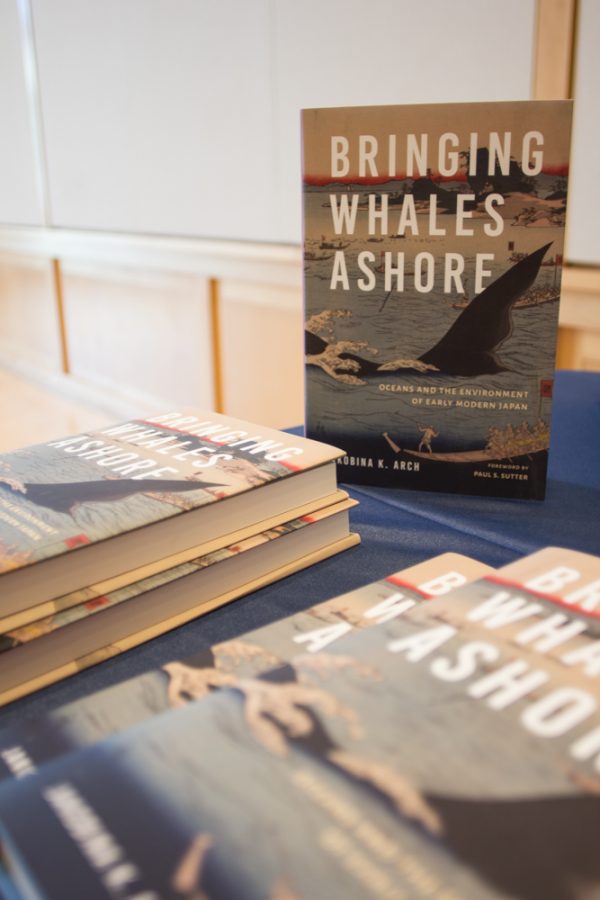It seems fitting that my first post would come as the sports world slowly rises after its hangover from what might have been the most culturally shocking start to a year in about 2,013 years. The biggest game in college football was a David versus Goliath story if David was bigger, faster and stronger than Goliath and coached by Nick Saban. After second-ranked team in the nation embarrassed the top-ranked team in front of millions, the star player of the losing team became entrenched in what might be the weirdest sports conspiracy of its generation. And while Manti Te’o tried to explain how he convinced the world he his fabricated girlfriend died before the biggest game of his life, Lance Armstrong (probably the most inspirational and dominant athlete of the 21st century) admitted it was all an elaborate lie covered up by threats. Oh, and the Super Bowl is next week.
What I find most astounding about the Harbaugh Bowl coming up is not sibling-rivalry, but rather Ray Lewis. January has been to sports stars’ legacies what Fed-Ex Field has been to sports stars’ ACLs. Yet somehow, through everything, Ray Lewis remains unscathed. In less than a week, Lewis may retire with another Super Bowl Championship and regarded as one of the greatest defensive competitors to strap on a helmet. And in the path to glory, Lewis’ involvement in a murder case will likely be forgotten. Manti Te’o’s connection to a fake-dead-girlfriend will follow him for the rest of his career, but Lewis will retire with a fairly clean slate after a connection to an actually dead man in 2000. Also that just surfacing will likely never blow up into anything larger than bizarre rumors soon forgotten. Why?
Americans love a redemption story. It’s why we rooted for Lance Armstrong to beat cancer and every cyclist on the planet, year after year. Kobe Bryant was involved in a rape case. Does nobody remember that? And children across the country wear Bryant and Lewis jerseys while we write off Armstrong for cheating his way to success. What lessons are we teaching our kids?
It seems that in the perverse world that is American sports, you can get away with anything as long as you follow it with success. Te’o’s name would not be so tarnished had his defense not looked like an amputee Red Rover team trying to stop the Alabama offense. Success covers almost anything. There exists a fine line, though, that Armstrong crossed by mixing his success with his scandal. As long as fans can differentiate between their athletes in competition and outside of competition, they are ok. But as soon as Tour De France Lance, Cancer Lance and PED Lance become a three-headed monster confessing to Oprah, he betrayed the American public.
Perhaps it is as a result of television drama and sports movies, but the American worship of sports success needs to stop. Maybe it is because wins have come to outweigh crime and scandal that athletes like Armstrong feel compelled to cheat their way to the top. Winning should be everything to athletes, because their profession requires it. To the casual fan that watches athletes through a screen, however, a broader perspective should be expected. WInning is supposed to solve everything, right? Los Angeles would not be up in arms if the Lakers could throw a dozen more in the W column. But America wants them to earn it fair and square (or by trading Pau Gasol) because that is the American way. Ray Lewis is a the most frightening man alive and riddled with problems, but he will retire an American hero.




